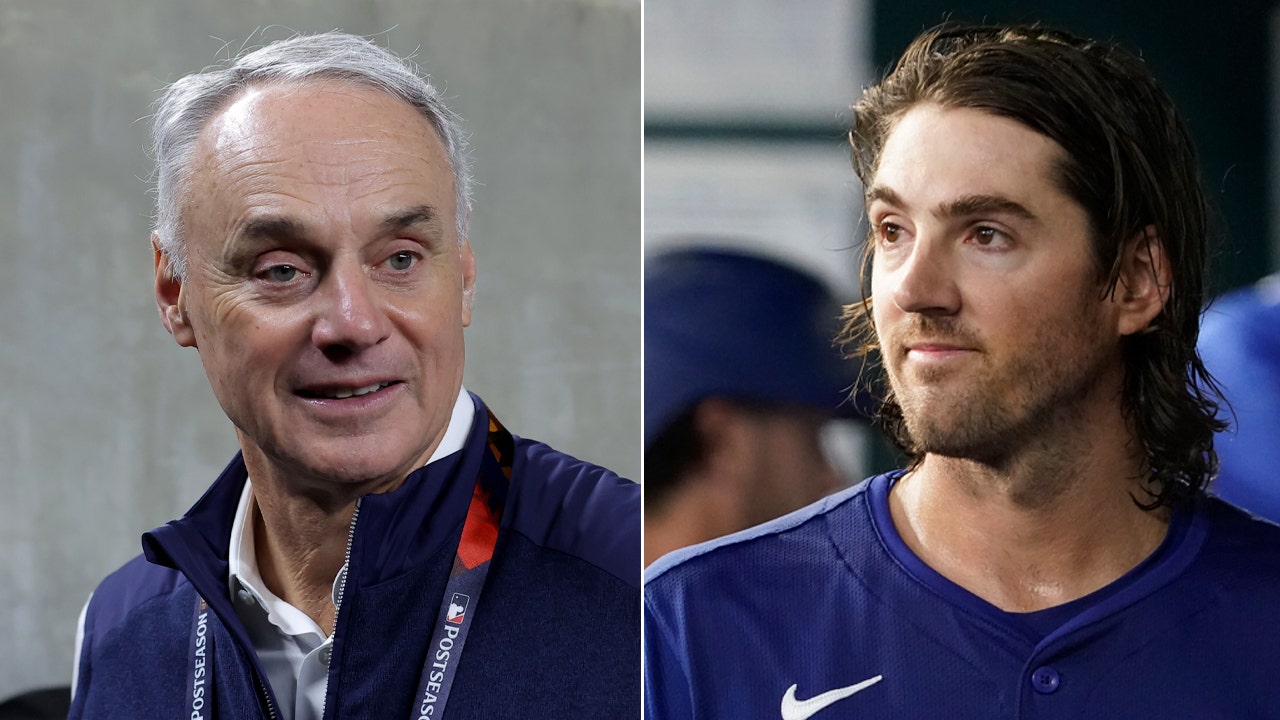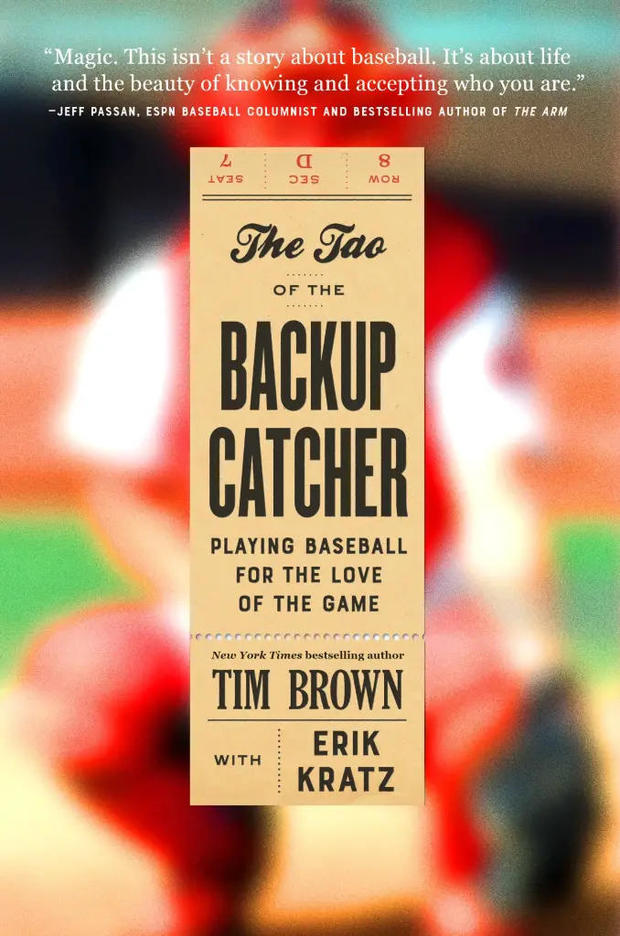For the last four decades Mark Rivera has been bringing down the house as Billy Joel’s saxophone player, taking over the show with his solos on classics like “New York State of Mind.” “There’s no feeling like it in the world,” Rivera laughed. “That’s my moment to step into the light.”
But when the music calls for it, he admits, he goes back into the shadow. “Do I mind the shadow? Not at all.”
CBS News
After half a century backing up headliners like Paul McCartney, Elton John, Tony Bennett and Simon & Garfunkel, Rivera’s got something to teach the rest of us about life lived, not in the spotlight, but as the title of his recent book suggests, just to the side of it.
River is author of “Sideman: In Pursuit of the Next Gig.” Being a sideman, he said, means “knowing where your place is. That’s very important, to know where your place is in life.”
Matt Holt
Axelrod asked, “What’s the biggest mistake a sideman can make?”
“Thinking he’s more important than the name on the marquee!” Rivera replied. “Overstepping your job description, thinking that your role is greater than it is.”
Bestselling author Tim Brown has also been thinking about some unsung heroes who operate mostly in the shadows, not just in music, but sports, entertainment, and everyday life.
But don’t kids grow up dreaming of the spotlight, not the shadows? “I think you find honor in what you do every day,” Brown said of a life in the shadow of greatness. “Even if it’s not the entire dream, you can still be great at what you need to get done today. You can still feed whatever it is inside of you and go to bed that night thinking, OK, I was my best self today. Is it the whole dream? No. Is it pieces of the dream? Yeah.”
Brown’s latest book, “The Tao of the Backup Catcher,” examines backup catchers – major league baseball’s version of a sideman, told through the eyes of a retired catcher named Erik Kratz. “You’re there to give the number one guy a day off,” Kratz said.
And how important is wrestling your ego to the ground? “So important,” he said. “You can’t have your ego out in front.”
Jeff Gross / Getty Images
Kratz built a long, satisfying career doing something he loved, playing 11 seasons for 14 major league organizations. His longevity in major league baseball, he said, was “100%” built on being okay with not being a superstar. Once he realized his talent would only take him so far, and nowhere near stardom, he created value with a team-first attitude. “So, while I’m only playing in a third of the games, I’m there every single day,” said Kratz. “I’m working out just as hard to get ready for the game, so that when I do play – at my completely average level! – it is the best that I can be for those 26 guys.”
Grand Central Publishing
Brown says that success comes down to “finding out who you are, whatever that is, and being the best at it that you can be.”
It’s a lesson in finding contentment built on a foundation of humility and gratitude: “Humility has nothing to do with your achievements; it’s about feeling for the rest of us,” said Brown. “Gratitude for where you are, who you are, what you’re becoming, even if it’s not all you want it to be.”
Axelrod said, “There are lessons to what you learn talking to backup catchers that have great value even outside a baseball stadium: Be a part of the team and take pride and pleasure in that. You work a long time, and you’ll find personal satisfaction.”
“I think that’s true on a baseball field; it’s true on a Broadway stage; it’s true at the Hollywood Bowl,” Brown said.
Kayla Pecchioni is walking, talking, singing, dancing proof of Brown’s point. At 31 she’s just getting started on Broadway, which she said was beyond her wildest dreams as a kid. As an understudy in the musical “Paradise Square,” Pecchioni brought the audience to its feet when she’s subbed for the lead.
Axelrod asked, “Doesn’t part of you, after that experience, think to yourself, I want more of that?“
“Yeah. Yeah. It has to, right?” Pecchioni replied. “Like, when you have that highlight on you, it’s such a beautiful moment.”
Kayla Pecchioni
But she’s a prodigy when it comes to how she pursues her career – and finding happiness in pursuit of something as finicky and elusive as stardom. “Have you ever heard of the term glimmers?” she said. “Glimmers are small moments in life that make you appreciative of very everyday mundane things. And I think a superpower of mine is to see the glimmers.”
And as Mark Rivera will tell you, there are plenty of glimmers to be found, even in the shadows – never playing a gig without those essential component parts Tim Brown has identified: humility and gratitude. “The more grateful I become, or the more grateful I feel for the opportunity to step into the light, and to realize the humility takes me back out of the light,” Rivera said. “I love what I do. I genuinely love what I do!”
For more info:
Story produced by Amiel Weisfogel. Editor: Remington Korper.



















































